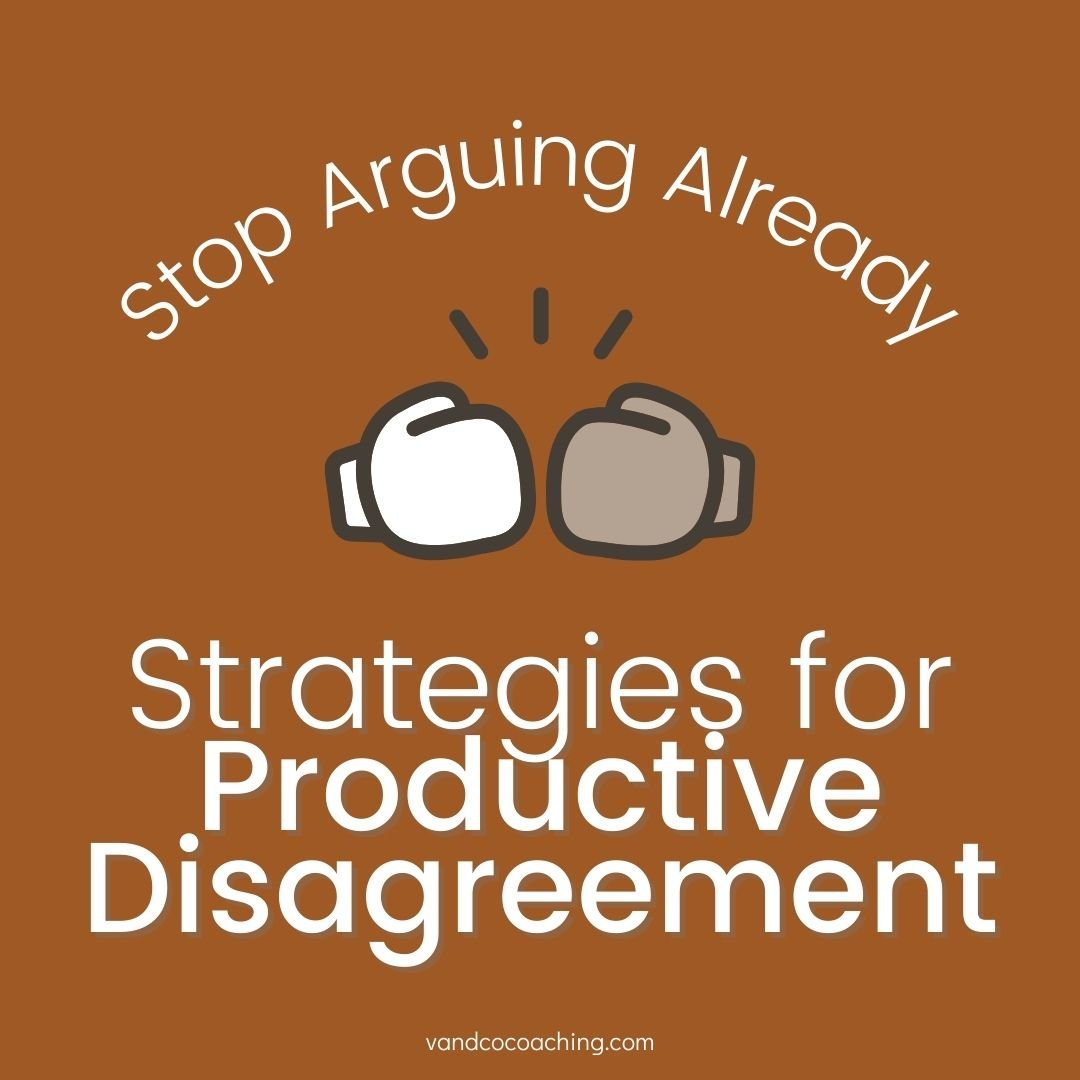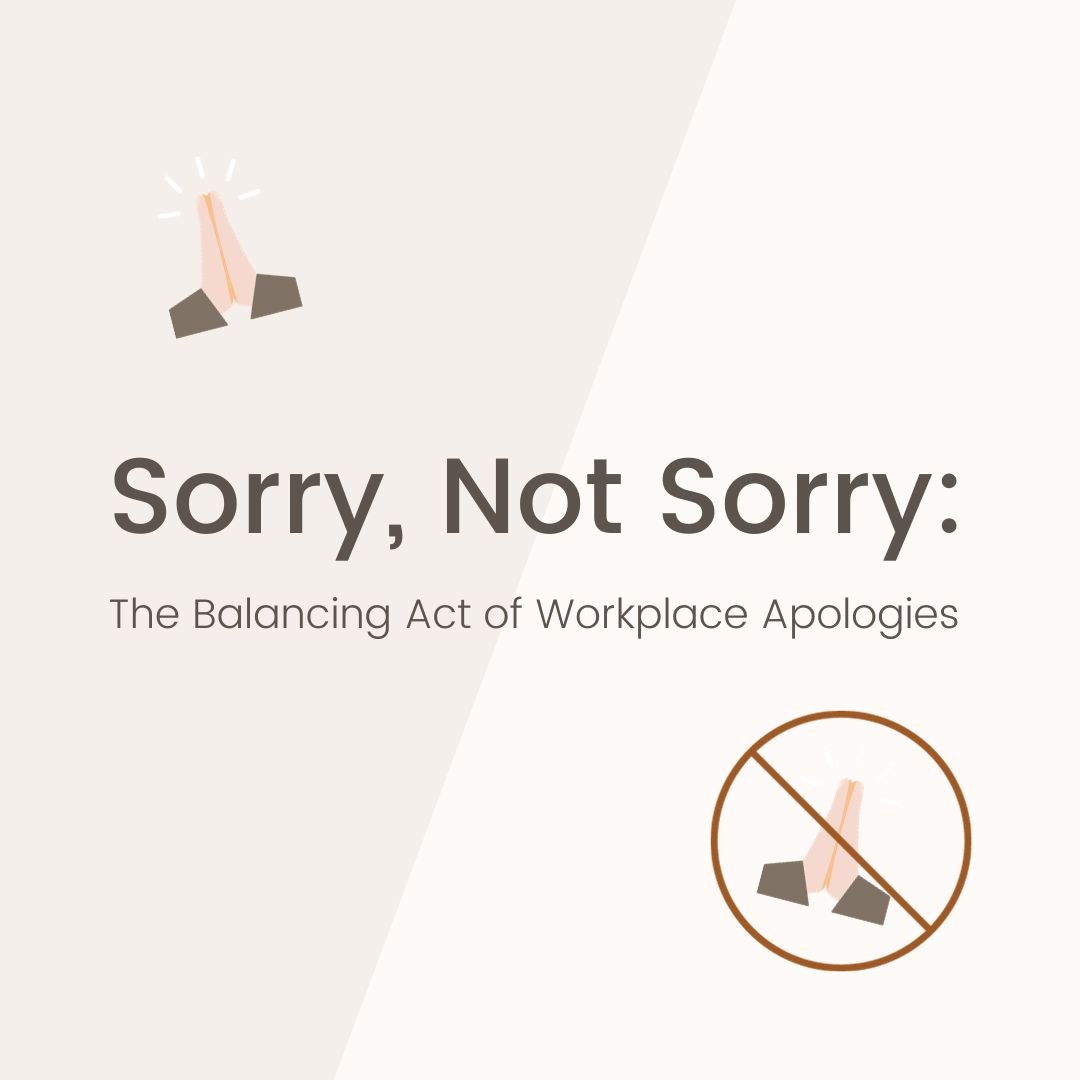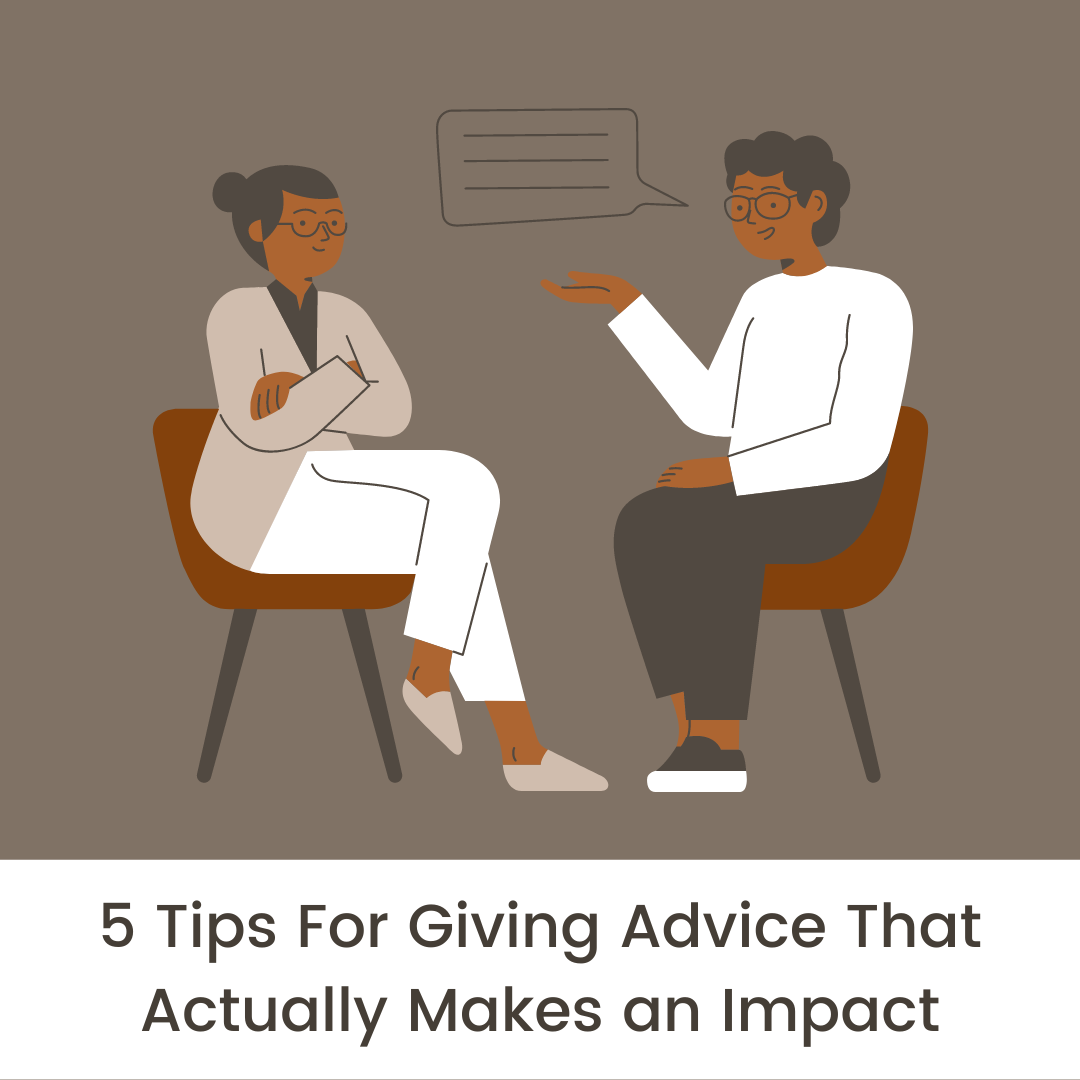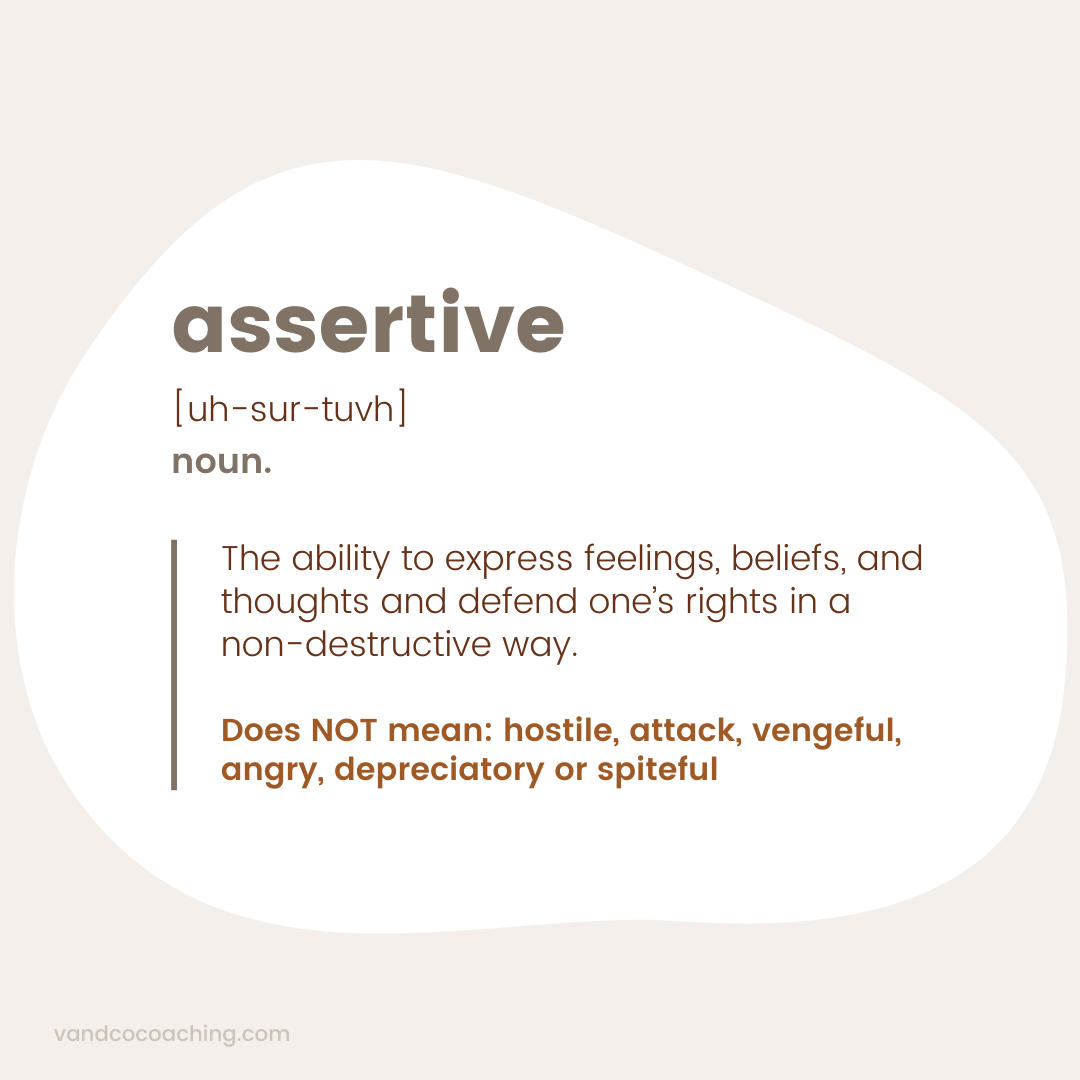How to Say No to People You Like
A Thanksgiving Recipe
With information at our fingertips as never before — Wikipedia, Google, YouTube, and audiobooks to name a few — it seems almost ridiculous to think that “how to” do something blocks us. But unless you’re aware enough to seek it out, effective communication isn’t something we’re likely to have been taught.
Growing up we get the 3 Rs: reading, writing, and arithmetic. But we aren’t often taught the 2 E’s: honestly expressing ourselves to others, and empathically hearing others.
Expressing Ourselves
Though it can feel like a conflict strike, saying no isn’t about being against the other person. Saying no is about respecting our own needs.
It takes courage to understand what we need and to share it; there seems to be a cultural shame prohibiting us from doing so. My receipts for this are the multiple occasions I’ve had to pull lists of feelings and needs because clients weren't accustomed to naming their emotions or expressing their needs.
I think of needs as universal necessities that populate the middle tiers of Maslow’s Hierarchy of Needs. After food, water, and shelter, needs are our daily requirements to thrive, true for every one of us all the time. We all need connection, physical well-being, honesty, play, peace, autonomy, and meaning. Nothing to be ashamed of here.
It takes vulnerability to express these needs. When we share from this deeper place and tap into the universality of our situation, we're more likely to be understood and get our needs met. Connection is a poker game of innocents: you have to be willing to show your cards if you want someone to see them. It's not always comfortable, but if you want effective communication and stronger relationships, you have to be willing to put yourself out there.
Applying Empathy
Auguste Escoffier, the legendary French chef, famously said that the three great secrets of French cuisine are butter, butter, and butter. A similar quote could be had around the great secrets of relationship-strengthening communication: empathy, empathy, and empathy.
Empathy is at the heart of Habit # 5 of Stephen Covey’s 7 Habits of Highly Effective People: influence others by developing a deep understanding of their needs and perspectives.
Empathy disarms. It demonstrates you’re on the same side as the other person, that you care, understand, and can be trusted. And it’s more than love and rainbows: empathy is productive. Covey, Mr. Effective himself, said:
“When you show deep empathy toward others, their defensive energy goes down, and positive energy replaces it. That's when you can get more creative in solving problems.”
A great hack for showing empathy is naming the feelings and needs of the other person. This could sound like:
“You’re frustrated because you need to be understood." (Universal need = connection)
“It sounds like you’re angry because you’re not feeling valued." (Universal need = connection)
“You’re scared and you want some space." (universal need = autonomy)
But you don't need to be prescriptive to be effective. Dr. Brené Brown, masterchef of vulnerability, says
“Empathy has no script. There is no right way or wrong way to do it. It’s simply listening, holding space, withholding judgment, emotionally connecting, and communicating that incredibly healing message of ‘You’re not alone.’
A 3-step Recipe
for Saying No to Someone You Like
Step 1: Apply empathy.
Demonstrate that you understand what’s important to the other person; if possible, see if you can speak to the need under their ask. Covey said that empathic listening is not listening until you understand, it’s listening until the other person feels understood.
About being asked to share a dinner table with horrible cousin Bill: "I know you want us to all get along, and that it’s important to you that we come together as a family."
About being asked to watch football with the family after dinner: "I hear that spending quality time together is something that you value."
About being asked not to bring up hot-button issues: "Peace and not having the boat rocked on a holiday are important to you; that makes sense."
Step 2: Say no, expressing your needs and feelings for doing so.
Explain what need of your own you’re meeting by saying no.
"However, it’s important to me to have my opinions respected and I don’t get that with Bill. I’m glad that you invited him because bringing everyone together makes you happy but I won’t sit with him."
"I will need some alone time to rest and recharge after dinner or I’ll feel too exhausted."
"But if the hot-button topic comes up, I will need to express my beliefs in order to feel respect for myself."
Step 3: Let the other person know they’re important to you and therefore how you feel not being able to meet their request. Negotiate if applicable.
You don’t have to be or say “sorry” for not meeting someone’s ask. Instead, express how you feel that your needs are in conflict with the other person’s. If it makes sense for the situation and you are genuinely happy to do so, suggest an option of what you’d be willing to do instead
"I feel sad that I can’t do this one thing for you because your happiness is important to me. Let me know if I can help with dinner or dishes to make hosting easier for you."
"Could we take a walk together tomorrow instead? It’s important to me too that we spend quality time together."
"I know it’s a special day and your desire for things to go smoothly is important to me because you’re important to me. If things look like they are going to get heated I’ll remove myself from the conversation rather than start an argument."
In conclusion:
Difficult conversations with people you care about get easier when you remember the 2 E’s: honestly expressing yourself, and empathically hearing others.
If you're inspired by the ideas in this post, check out nonviolent communication, a life-giving communication process and philosophy that replaces defensiveness and aggressiveness with compassion and empathy to improve relationships and resolve conflict.











